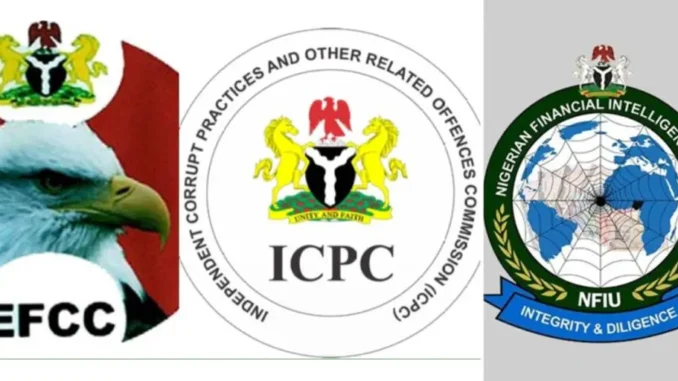
By Divine Sam
The Supreme Court of Nigeria has dismissed a suit filed by 19 state governments challenging the constitutionality of the laws establishing the Economic and Financial Crimes Commission (EFCC), the Independent Corrupt Practices and Other Related Offenses Commission (ICPC), and the Nigerian Financial Intelligence Unit (NFIU). The suit, marked SC/CV/178/2023, was dismissed for lacking merit and substance.
The plaintiffs had argued that the EFCC and related agencies were unconstitutional because the National Assembly’s passage of the EFCC Establishment Act in 2004 did not comply with the provisions of Section 12 of the Nigerian Constitution. Specifically, they contended that the majority of state Houses of Assembly were required to approve international conventions, like the United Nations Convention against Corruption, before such laws could be domesticated in Nigeria. Since this approval was allegedly not obtained, the states argued that the EFCC Act could not be applied in states that did not assent to it.
However, the Supreme Court, in a unanimous judgment delivered by Justice Uwani Abba-Aji, ruled that the EFCC, ICPC, and NFIU were legally established, and their powers to arrest and prosecute offenders were affirmed. The court held that the EFCC Act was validly enacted by the National Assembly and was not unlawful.